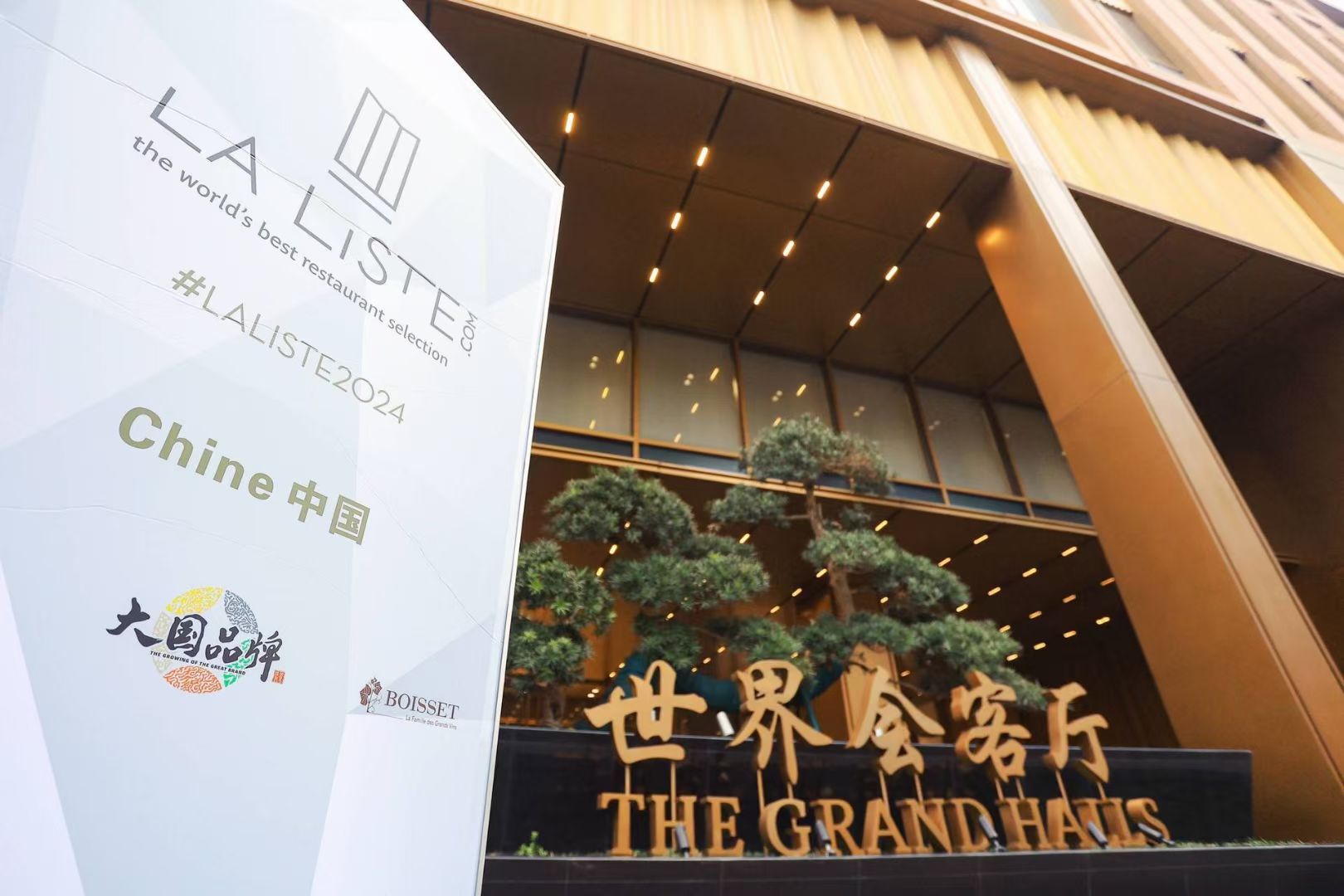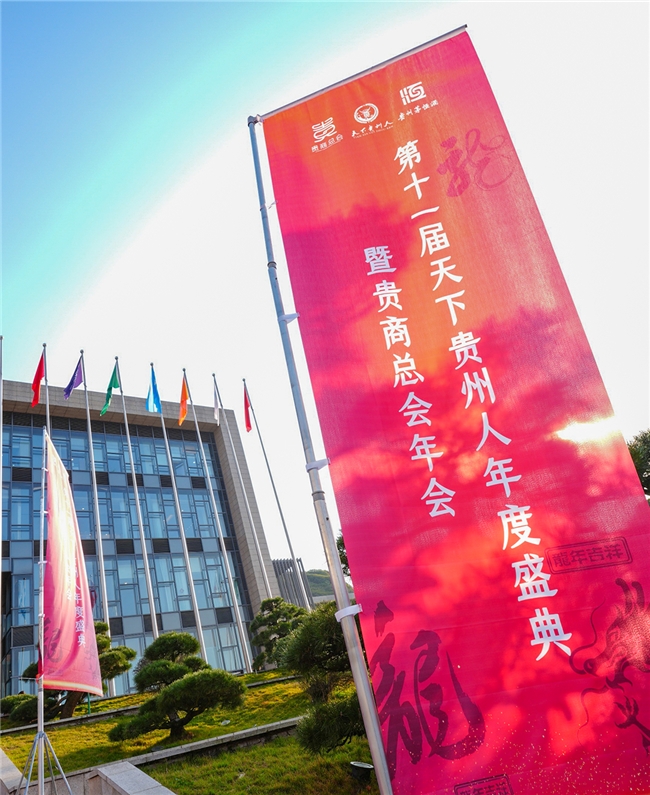The government has promised to lower corporate tax rate to 25 per cent for all companies once Goods and Services Tax (GST) mop-up improves, Ficci President Sandip Somany said Tuesday.
Speaking to reporters after meeting Finance Minister Arun Jaitley, Somany said the discussions revolved around a wide range of issues, including taxation, job creation and boosting industrial output.
"He (Jaitley) has promised that as the revenue collections from GST go up over a period of time, he will rationalise the taxes for the rest of the corporate sector over the next few years," Somany said.
In the 2015-16 budget, the government had announced that the corporate tax rate would be gradually lowered to 25 per cent from 30 per cent over the next four years and exemptions available to companies would be phased out.
In the budget 2017, the government had reduced the corporate tax rate to 25 per cent for companies whose turnover was less than Rs 50 crore in the financial year 2015-16.This benefitted 96 per cent of the total companies filing tax returns.
The government in the next budget of 2018-19 extended the reduced tax rate of 25 per cent to companies with a turnover of up to Rs 250 crore, a move which benefited the micro, small and medium enterprises.After this, out of about 7 lakh companies filing returns, about 7,000 companies which file returns of income and whose turnover is above Rs 250 crores remains in 30 per cent slab.
With regard to US decision to withdraw duty benefits on Indian products under the Generalized System of Preferences (GSP) programme, Somany said it will make Indian industry less competitive.
"I'm sure government will take appropriate action and there will be a dialogue between the two governments to make sure that this is not withdrawn in case of India, Somany added.
US President Donald Trump has said he intends to end the preferential trade status granted to India and Turkey, asserting that New Delhi has failed to assure America of "equitable and reasonable" access to its markets, an announcement that could be seen as a major setback to bilateral trade ties.






